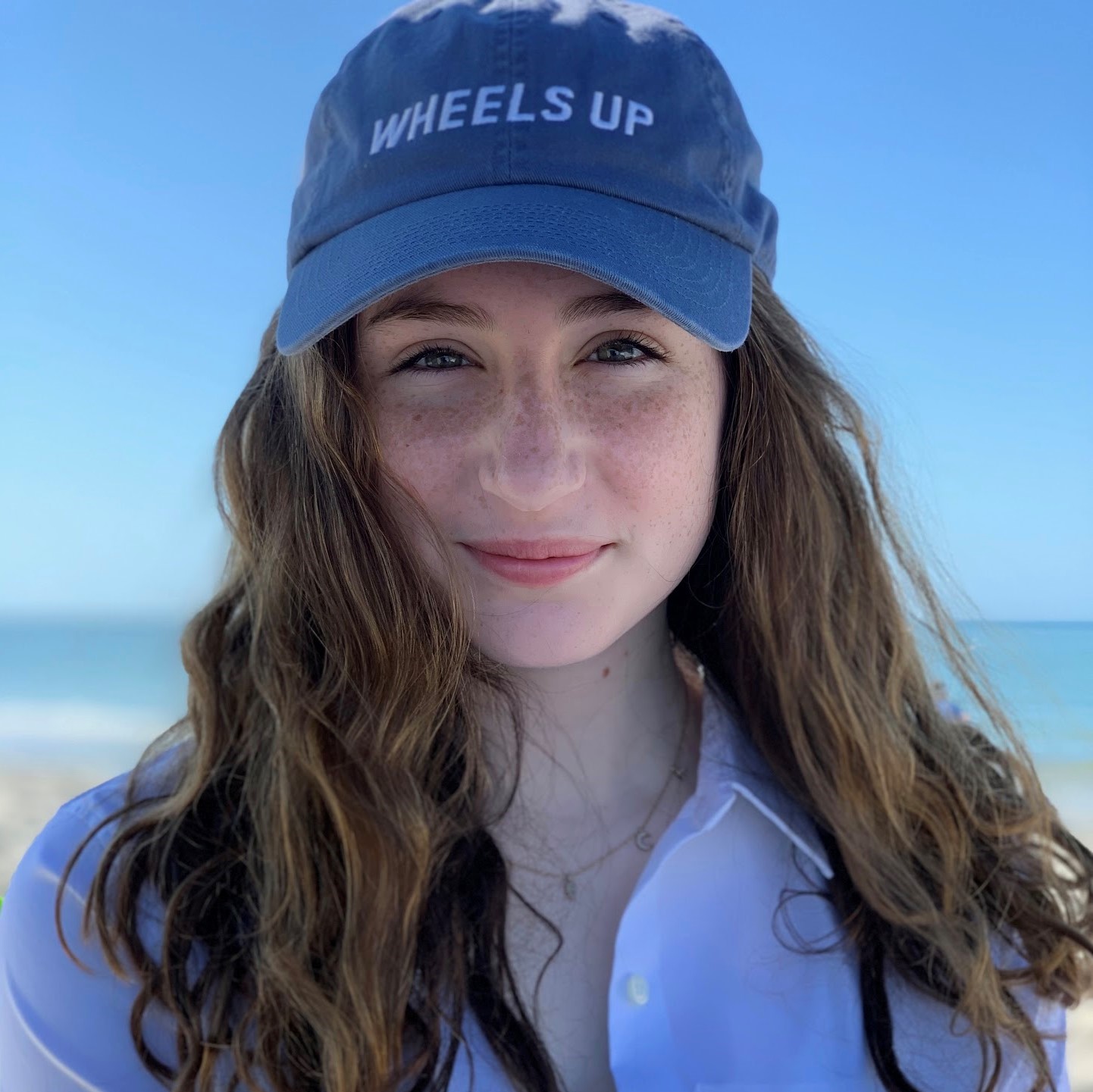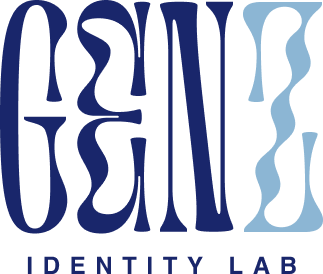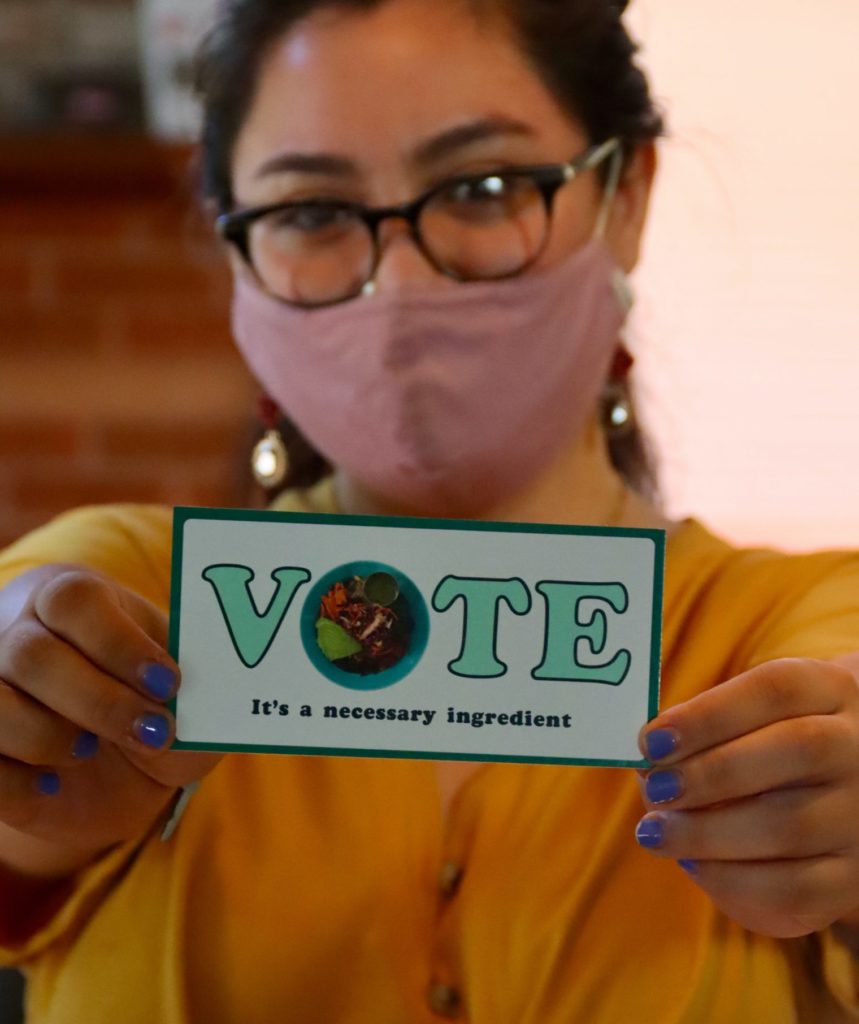During the 2016 United States Presidential Elections, psychologist Steven Stosny coined the term “election stress disorder” to describe election-related stress caused by news consumption and competitive races. Four years and one election cycle later, voters on both sides of the aisle are overwhelmed by anxiety in a race punctuated by uncertainty surrounding the pandemic, the polls, and a year full of protests.
However, teenagers under the age of 18 are experiencing greater election anxiety compared to voting adults. With little research about election-based anxiety in teenagers, no cure for the non-medical issue, and one of the most consequential elections in U.S. history coming up in just a couple of days, November 3rd is looking bleak for a politically active generation with heightened mental health concerns.
Anxiety in teenagers has been rising steadily since the early 2000s. One year after the 2016 elections, the National Institute of Mental Health (NIMH) reported that teenagers have higher anxiety levels than adults. NIMH found that 19% of all U.S. adults have suffered from an anxiety disorder in 2017, as opposed to nearly 32% of teens. Often called the “loneliest generation,” Gen Z is more likely to report and discuss mental health issues.
But teenagers’ anxiety collides with their passion for politics to create increased levels of election stress.
Anne Moses, the founder of IGNITE, a nonprofit that trains young women to become civically and politically engaged, said this is the most politically active generation we’ve seen since the 1960s. Teenage activism can be partially traced back to a collective fight for climate change action, as well as the youth-led push for stricter gun laws in response to the frequent school shootings the younger Americans have experienced.
Even throughout the 2020 election cycle, Gen Zers have fought for the social justice issues that matter most to them. Throughout the summer of 2020, Gen Zers signed petitions, posted about, and attended protests supporting the Black Lives Matter movement. Almost 90% of Gen Zers who responded to a Yubo poll said that they support Black Lives Matter, and 78% of respondents reported posting about the movement on social media. Additionally, many teenagers have found that directly assisting in the electoral process helps combat their election anxiety. Registering voters, participating in phone banking, and organizing virtual campaign events have become weekend and after-school activities.
Catie Jacobson, a 17-year-old from Lewisburg, volunteers with Students Demand Action, a national youth agency that encourages political leaders to pass safer gun laws. Students Demand Action has been trying to engage 18- to 24-year-old voters through phone banks, text reminders, and social media outreach.
“Even if I can’t cast my ballot this year, by registering my peers, my generation will be my voice,” Jacobson told the Huffington Post. “I can’t improve my country by casting my ballot, so my role is to help others cast theirs.” Like many in her generation, gun reform has become a significant issue for her in this election, and she hopes to see sensible gun restrictions passed in the next four years.
Despite their action and activism, most teenagers are not old enough to vote, fostering a sense of powerlessness amid a major election.
Sixty-eight percent of Gen Z adults feel very or somewhat significantly stressed about our nation’s future. For Gen Z teenagers, TikTok has become a unique ecosystem for expressing their frustrations with the 2020 presidential election. Although social media has been proven to increase anxiety and depression among teenagers, joking about the election on TikTok has become a therapeutic way to laugh at daunting prospects.
Most of TikTok’s political satire accounts balance their comedic content with PSAs, voting reminders, and informational videos to educate Gen Zers about relevant issues and the latest news about the election. Numerous accounts dedicated to election comedy have popped up on the app, though the majority support Biden.
Creators like @victoriahammett, @frickoffkatie, and @politicaljew have gained traction by reacting to presidential debates and applying popular sounds to poke fun at Joe Biden and Donald Trump. Additionally, houses of creators looking to engage in partisan and bipartisan discourse have appeared, such as @leftists and @conservativehypehouse. Claudia Conway, the 16-year-old daughter of President Trump’s former chief of staff Kellyanne Conway, has become one of the most recognizable faces on the liberal side of TikTok, gaining massive traction on her account for posting politically-charged, anti-Trump content. Many young liberal creators, including Conway, have replaced their profile picture with a “Gen Z for Biden” sign. Even the Washington Post’s TikTok account, although not run by Gen Zers, has become a teenage favorite due to its comedic take on the news surrounding the election.
“It’s a great form of escapism,” said 15-year-old TikTok user Ava Weinstein. “TikTok allows me to laugh about something scary and make it feel less real. I try my best to educate myself on the important, serious issues in this election, but sometimes, I just need to watch a comedy bit or a meme about the absurdity of it all.”
A characteristically anxious and politically engaged generation is experiencing their political awakening in an election year. Regardless of the results, it is almost certain that the period following the election will bring chaos, uncertainty, and stress. Election anxiety is not new, but as mental health concerns and civic engagement increase in teenagers, it will continue to be a problem exacerbated by the traits for which Gen Z has come to be known.

Born in New York City and now a frequent visitor, Liv moved to Miami at a young age and is a student at Ransom Everglades School where she is a member of the Speech & Debate and Academic teams. Liv is fifteen years old and most passionate about politics and innovation in education systems. An aspiring political analyst, in Fall 2020, Liv is launching Phos, a YouTube series for high school students that shines a light on and dissects recurring issues in the news and current events from multiple perspectives. She is thrilled to contribute to Gen Z Identity Lab to help share diverse points of view that move peer conversations from thoughts to actions to change.


